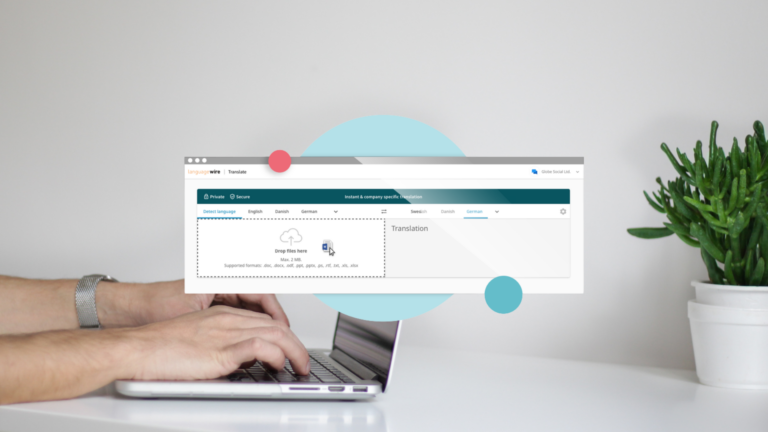The accessibility requirements of the Act on the Provision of Digital Services require that audio-only broadcasts, such as podcasts, must also be accessible. According to the legislation, organisations affected by the requirements must provide text alternatives for time-based media within two weeks.
Of course, it is to be hoped that accessibility will also be promoted by parties other than those expressly required to do so by law. Not to mention that the EU’s Accessibility Directive is likely to be extended to all public digital services in 2025, whether or not they are published by private or public operators.
Transcription of podcasts
For podcasts, the text alternative referred to in the legislation usually means a transcribed text version of the audio recording. As the text alternative must fulfill the requirements of accessibility, a simple script or summary of the podcast is not sufficient.
In practice, the entire content of the recording must be provided in text form, and the text must also indicate who is speaking at any given time. Any background noise, such as the sound of a doorbell or laughter, must also appear in the text. Repetition and filler words are not required in the text; however, in other respects, the transcription should be as precise as possible.
The text version should be available in the immediate vicinity of the audio file. The text itself can be either part of the content of the accessible webpage or a separate file that can be accessed easily from a link.
Why is it important to write a text version of a podcast?
Whether required by law or not, making a text version of a podcast is always a good idea. We’ve listed five reasons why you should write a text version of a podcast.
1. Everyone can enjoy the podcast
Podcasts may contain essential information, clever tips or great entertainment. Preparing a text alternative for a podcast makes the podcast accessible and gives everyone an equal opportunity to benefit from and enjoy the content. You can write the text alternative yourself, use available software or order a transcription from a service provider. In terms of accessibility, it may be a good idea to order the transcription from a service provider, who can also provide editing, a plain language version or a translation, if necessary.
2. The podcast is easier to find
In addition to high-quality accessible content, it is important that the podcast is easy to find online. When you add a text alternative to a podcast on your website, you considerably improve the discoverability of both the podcast and your whole site in search engines.
3. Reading is faster
While listening to a podcast is pleasant, our lives are very busy. If you don’t have the time to listen to a 60-minute podcast, you can find the same information in the text version much faster. The text version can be browsed quickly, and reading it may be faster than listening; studies show that people can read close to 10,000 words an hour.
4. You can find old content more easily
Do you remember what you said about spring trends in episode 15 of your podcast? It is usually quite difficult to remember what was said in each episode. If there are text alternatives of your episodes, you can search the text and stay more aware of what has already been said.
5. Increase your audience with a translation
If you are reaching for a larger audience, use a translated transcription. The speech in the podcast is transcribed into another language. You can also use a voiceover to do the entire podcast in a different language. Multilingual podcasts have already become a global trend.
The most important element in podcast accessibility and discoverability is the text alternative. Translations are a route to even larger audiences and better accessibility. If you want to go even further, you can also publish the podcast as a video. For that, you will need subtitles, and they can also be made in multiple languages.






